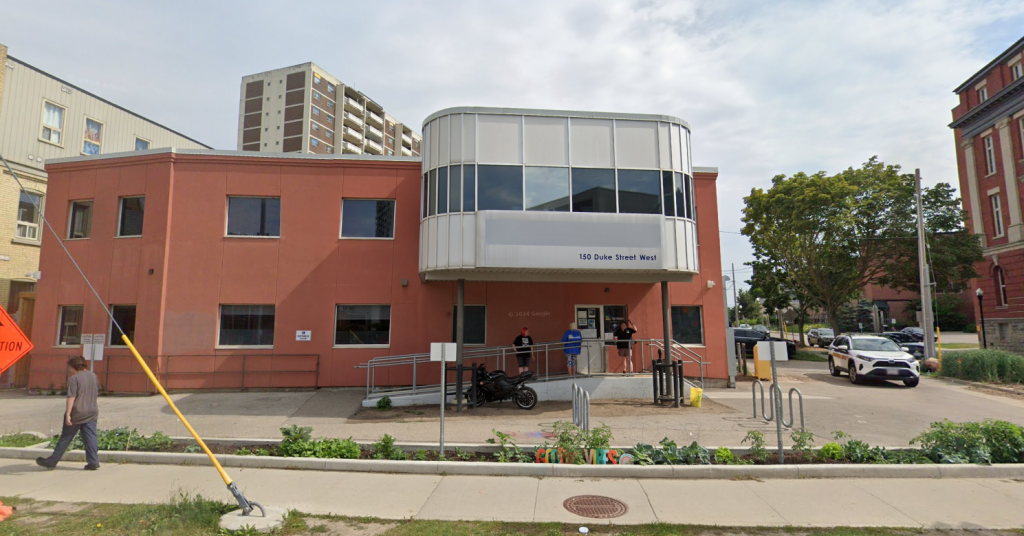Pending closure leading to fewer people seeking services at Kitchener CTS site

Posted Oct 16, 2024 02:49:46 PM.
Last Updated Oct 16, 2024 02:49:53 PM.
It’s been an emotional few months for both staff and clients of the only consumption and treatment services (CTS) site in Waterloo Region.
The location on Duke Street in Kitchener is one of 10 identified by the province as violating new rules surrounding proximity to schools and child care centers. It’s slated to close in March.
“Right now, there’s this huge feeling of impending loss. There’s anticipatory grief. People are feeling abandoned because, despite the ongoing crisis, we’re talking about closing a site,” Violet Umanetz, Director, Sanguen CTS Kitchener-Waterloo, said.
She added the hard feeling are not just from staff, “There’s frustration from people who connected with the staff, who trusted the staff and now feel like they have nowhere to go. So, we are seeing people that are disconnecting from us.”
Umanetz told 570 NewsRadio, staff have noticed a decline in visits since the provincial announcement in August. She said there were over 1,500 total visits in July, an all-time high. August saw a slight drop but in September, there were around 1,300 visits.
And, it’s not because there are fewer drug users, it’s because they have moved to using drugs in other locations.
Umanetz said people — and downtown businesses in particular — will again begin to see people using drugs in the vicinity like they were prior to the Duke CTS site opening.
“The reason that they were using there is because they wanted to stay alive and they knew someone would find them if something went wrong.”
What she says will happen is the responsibility for people in the midst of an overdose will shift from trained professionals to the general public.
“They are (the public) going to be the first responders. They are going to be seeing people overdosing and they are going to be seeing people in situations they may have not experienced before.”
Umanetz said Sanguen has been working to bring information to the public about how to recognize an overdose and how to administer Naloxone.
Free Naloxone kits are available at most pharmacies in Ontario.








